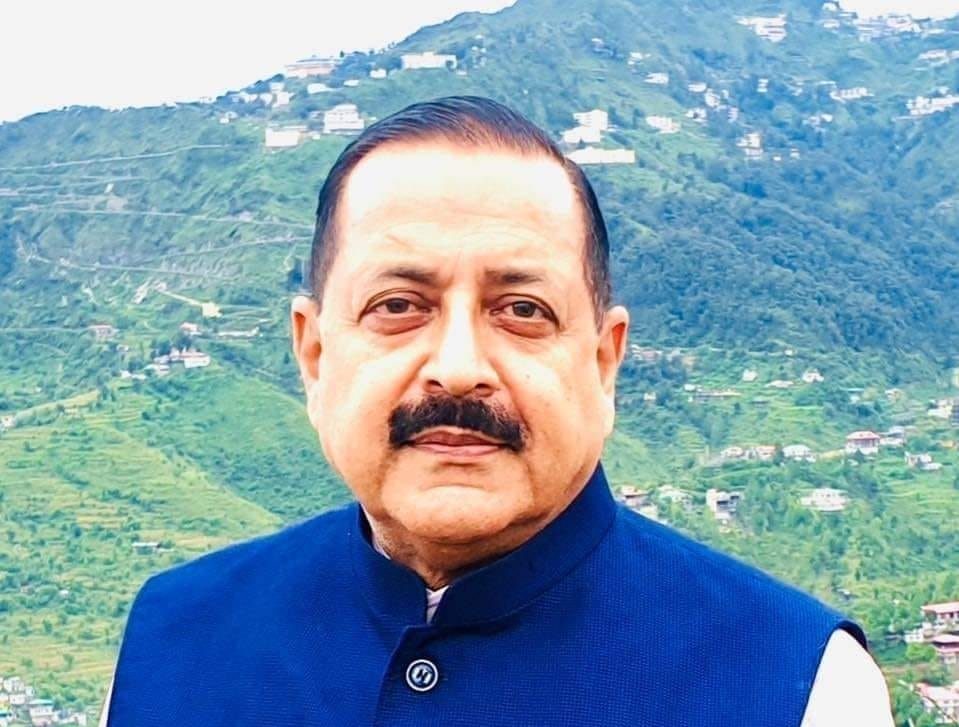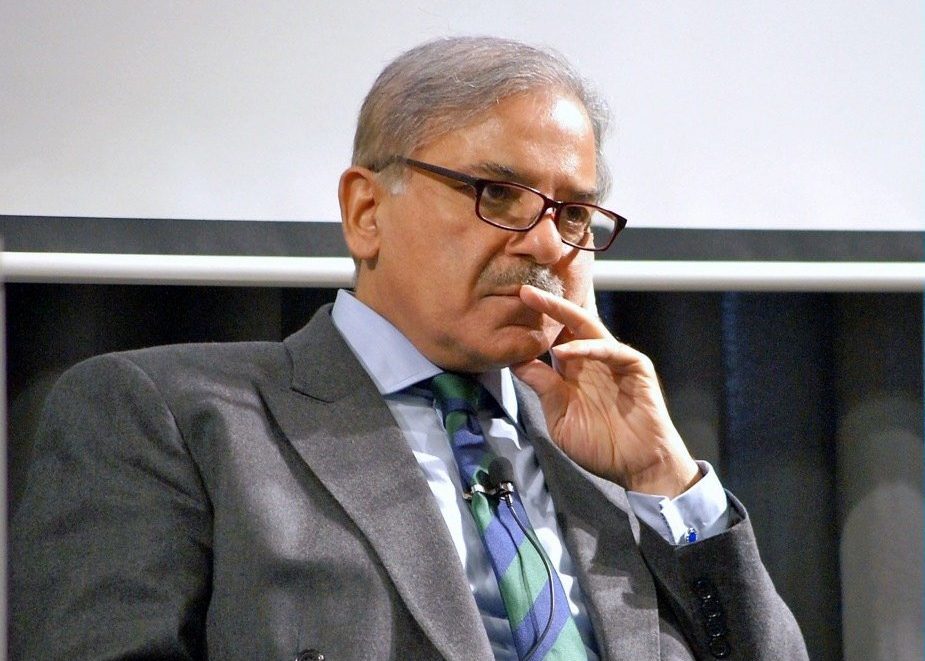
New Delhi, May 16: India is set to conduct its first-ever biological experiments aboard the International Space Station (ISS) to study the sustainability of human life in space, Science and Technology Jitendra Singh said on Thursday.

An important initiative under the BioE3, these unique experiments, spearheaded by the Indian Space Research Organisation (ISRO) in collaboration with the Department of Biotechnology (DBT), will be carried out as part of the upcoming International Space Station (ISS) mission AXIOM-4, with Indian astronaut Group Captain Shubhanshu Shukla as a crew member.
Singh said the first experiment at the ISS will examine the impact of microgravity and space radiation on the growth of edible microalgae, a nutrient-rich potential food source for long-duration space missions.
This project is a joint initiative of ISRO, NASA, and DBT and aims to analyse key growth parameters and changes in transcriptomes, proteomes, and metabolomes of different algal species in space, as compared to Earth-based controls.
The results will help identify the most suitable microalgal species for use in space environments, he added.
Microalgae offer several key advantages that make them ideal candidates for sustaining life in space. They have an extremely short life cycle, with some species growing in as little as 26 hours, allowing for rapid biomass production.
The second experiment at the ISS will study the growth and proteomic responses of cyanobacteria, such as Spirulina and Synechococcus, under microgravity conditions using urea- and nitrate-based media.
Singh said the need to recycle carbon and nitrogen from human waste during prolonged space travel to achieve self-sustainability in spacecraft and future extraterrestrial colonies.
Cyanobacteria, due to their fast growth and efficient photosynthesis, are ideal agents for such recycling systems, he said.

According to the minister, the experiment aims to explore Spirulina as a “superfood” due to its high protein and vitamin content, compare the growth of cyanobacterial cells in urea versus nitrate environments, and study the effect of space conditions on their metabolic profiles.
The experiments have been developed in association with scientists from the International Centre for Genetic Engineering and Biotechnology (ICGEB), New Delhi, under the broader ISRO-DBT research collaboration. (PTI)





